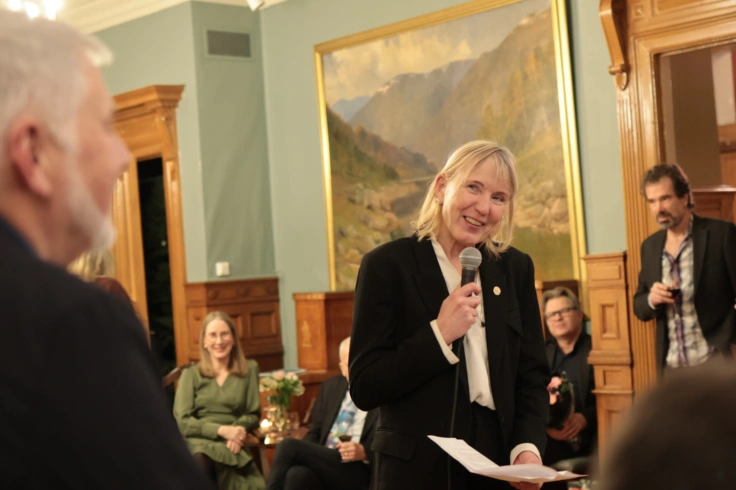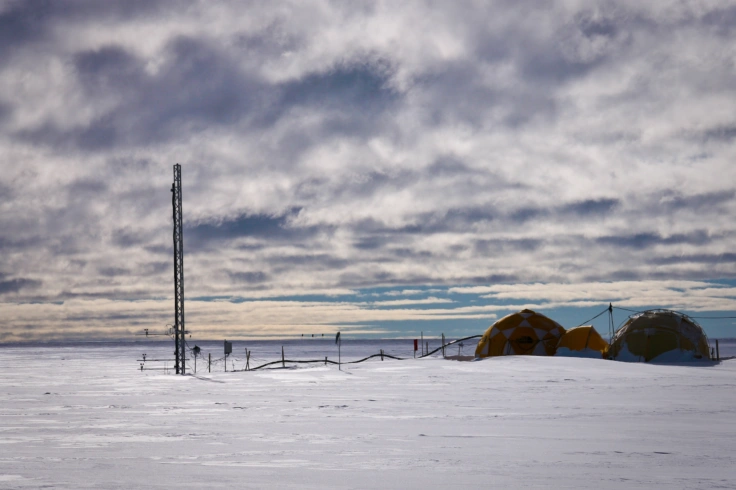
A flight campaign aims to uncover why some extratropical cyclones develop into storms
Read moreFind an Expert
Our researchers are employed either at NORCE, UiB, the Nansen Center or the Institute of Marine Research. The researchers work together across various scientific disciplines. Find researchers with backgrounds in meteorology, oceanography, geology, geophysics, biology and mathematics, among others.
Projects
Researchers at Bjerknes are involved in several projects, both nationally and internationally. The projects are owned by the partner institutions, with the exception of our strategic projects.
Publications
Researchers at the Bjerknes Center publish more than 200 scientific articles each year.
Calendar
See all
10.03.26
Polar group meeting
Topic: Polar observations - what do we have and what are we missing?

13.03.26
Bjerknes Climate Prediction Unit (BCPU) seminar
Date: Friday 13 March 2026 Time: 10:00-12:00 Place: In person: Bjerknes lecture room 4020 (Jahnebakken 5, top floor) Online: Zoom Program: 10:00-10:20 RA1: Robinson Hordoir (IMR): Barents Sea atlantification driven by a shift in atmospheric synoptic timescale 10:20-10:40 RA3/RA4: Marianne Williams-Kerslake (NERSC): Can we predict marine heatwaves up to multi-year time scales in the Nordic Seas? 10:40-11:00 RA2: TBD 11:00-11:20 RA4: TBD 11:20- Mingling and Open Agenda (for those who wish to share or discuss) *RA stands for Research Area This informal discussion space is open to all Bjerknes members and guests. Please feel free to join us and we welcome contributions from all.
27.03.26
Ledergruppemøte Bjerknessenteret
Our Research Groups
Cross-Cutting Activities
Learn About Climate Science
View allNews
See all
16.02.26
Riding the storm
A large-scale flight campaign on both sides of the Atlantic Ocean aims to uncover why some extratropical cyclones develop into storms, while others fizzle out.

12.02.26
An evening in honor of Prof. Eystein Jansen
"In the spirit of Eystein, it will be a gathering that emphasizes relationships, intellectual exchange, and the path forward, and is intended as a celebration of a vibrant research community", Director Kikki Kleiven introduced the festive seminar in honor of Eystein Jansen..

10.02.26
Multi-model isotope simulations reveal a unified picture of Earth’s water cycle
An international research team has completed the first fully standardized comparison of isotope-enabled climate models, demonstrating that a multi-model ensemble provides the most accurate representation of the present-day global water cycle.





